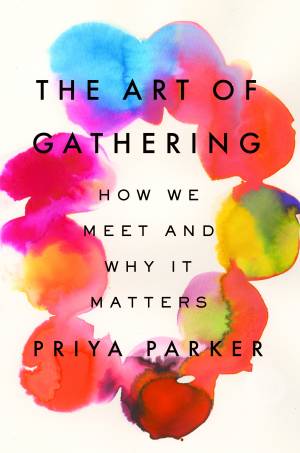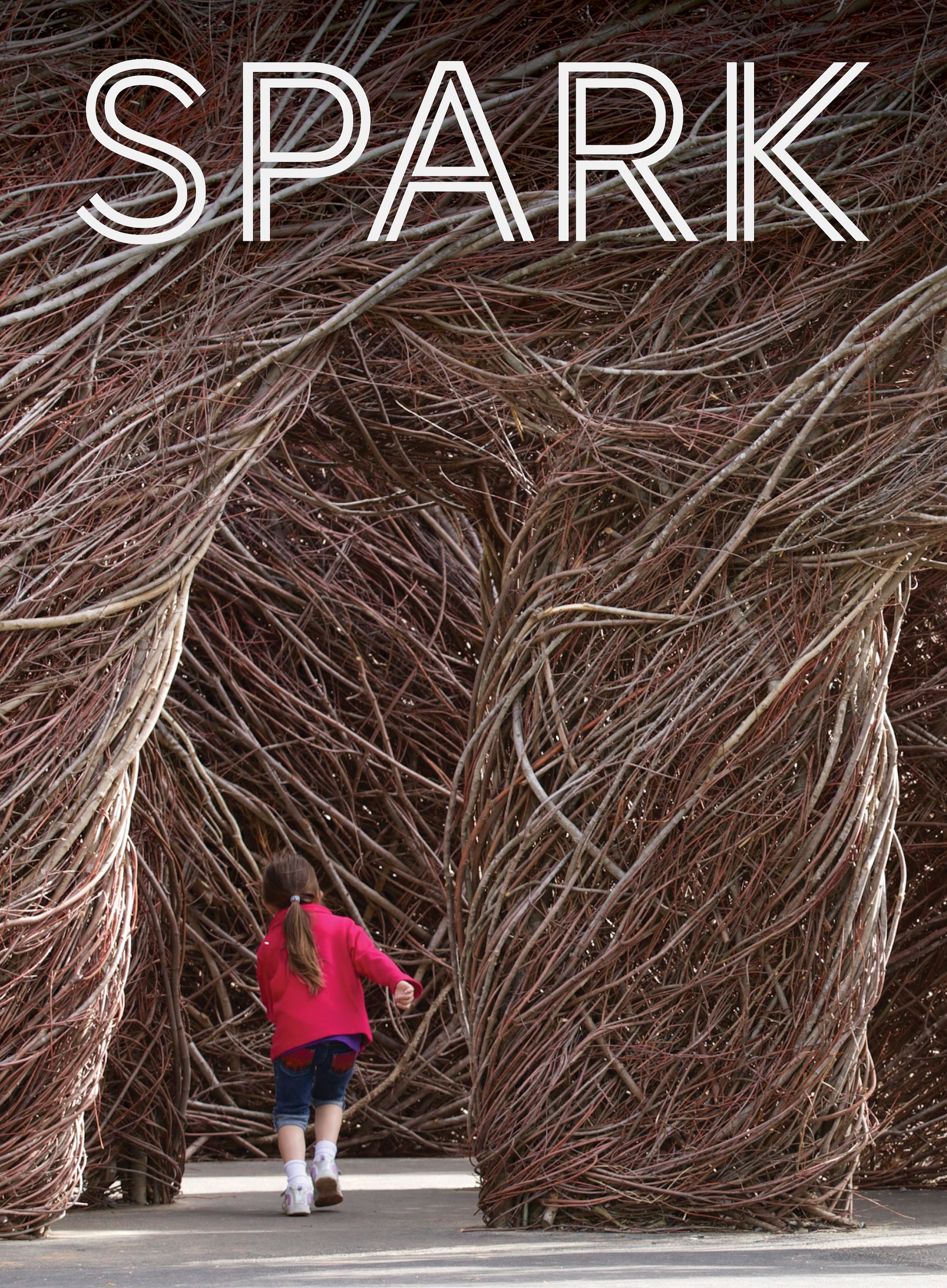Creating a world that you wish existed

A Q&A with Priya Parker
When you think of a weekly work meeting, “transformative” might not be the first word that comes to mind. But for group facilitator and author Priya Parker, any gathering— whether that’s a dinner with friends, a business meeting or a march — is an opportunity to upend norms, generate meaning and create the world you wished existed. Parker’s book, The Art of Gathering: How We Meet and Why it Matters, explores the people-focused approaches that can transform gatherings in our lives, with examples that range from flash mobs to courtrooms to an Arab-Israeli summer camp. We caught up with Parker to find out more about gatherings and why she wants hosts to focus on people instead of things.
 Q: What prompted you to write this book?
Q: What prompted you to write this book?
Priya Parker: I was tired and kind of sad going to gathering after gathering where I thought that there were so many amazing people in a room, but because of the way it was designed or not designed, I would leave feeling kind of empty with a lack of connection or meaningful conversation. I come to this work as a group conflict resolution facilitator. The type of transformation I’m interested in comes through dialogue and the method of conversation. I think people can be transformed by books, by art – people can be transformed by all sorts of things. I am most interested and familiar with the simple belief that the way you structure and invite a conversation can be transformative and meaningful, and can build community wherever you are.
What we’ve been told is that if you get the things right of the gathering, then the chemistry and the human connection will take care of itself. I can tell you, as a group facilitator, that is not true. It’s hygiene. It might be extraordinarily beautiful hygiene, but it is hygiene. It also increases the barrier to entry. If you don’t cook, if you don’t have a big living room, if you don’t have fish knives or weren’t raised with the right etiquette...do you need to have those things to host well? We’re also told that creating transformative experiences is really, really hard. It’s the work of extremely talented group therapists or psychologists. And I want to debunk both of those myths. Anyone can gather! I wanted to write a book that upended the idea that you have to be an expert on things or an expert in psychology to create a meaningful evening for people.
Q: What is your definition of a gathering?
PP: I describe a gathering as any time that three or more people come together for a purpose. There are two important parts of that. The first is the number and the second is the purpose or the intention. Underneath it all, this is a book about group dynamics. So while the principals of it can apply to one-on-one conversations, I’m really interested in the life of the group. If people are at a conference and afterward someone says, “Let’s go out to dinner,” that’s a spontaneous gathering. But I think that even on the way over to dinner, there are a series of things you could do that would change the trajectory of the evening and make it transformative. My hope is to give people the lens to understand what to do, whether or not it’s a spontaneous dinner or you’ve been planning for months for a workshop or a wedding or a town hall.
Q: What are ways that we could make those gatherings more beneficial to participants?
PP: The first — whether you’re a host or guest, but particularly as a host — is to make sure that you have a purpose for the gathering and you know what it is. If that’s a weekly meeting, ask what the purpose of it is this week or this morning, given the context of your company or organization: At this moment, what is the need in our community that this meeting might address? One of the things I say is that you need to be gathering less. People assume that I’m an evangelist of gathering. No, I’m an evangelist of great gathering.
Part of your role as a host is to think about how to create a temporary moment in time for the people that you’re consciously choosing to bring together. The host should focus on a way to have meaningful conversation, and quickly help people share their stories and experiences as it relates to the purpose at hand. When you create a gathering, you have the opportunity as a host to create a world that you wished existed. ■
Send your questions or feedback to ithink@anythinklibraries.org or comment below.

